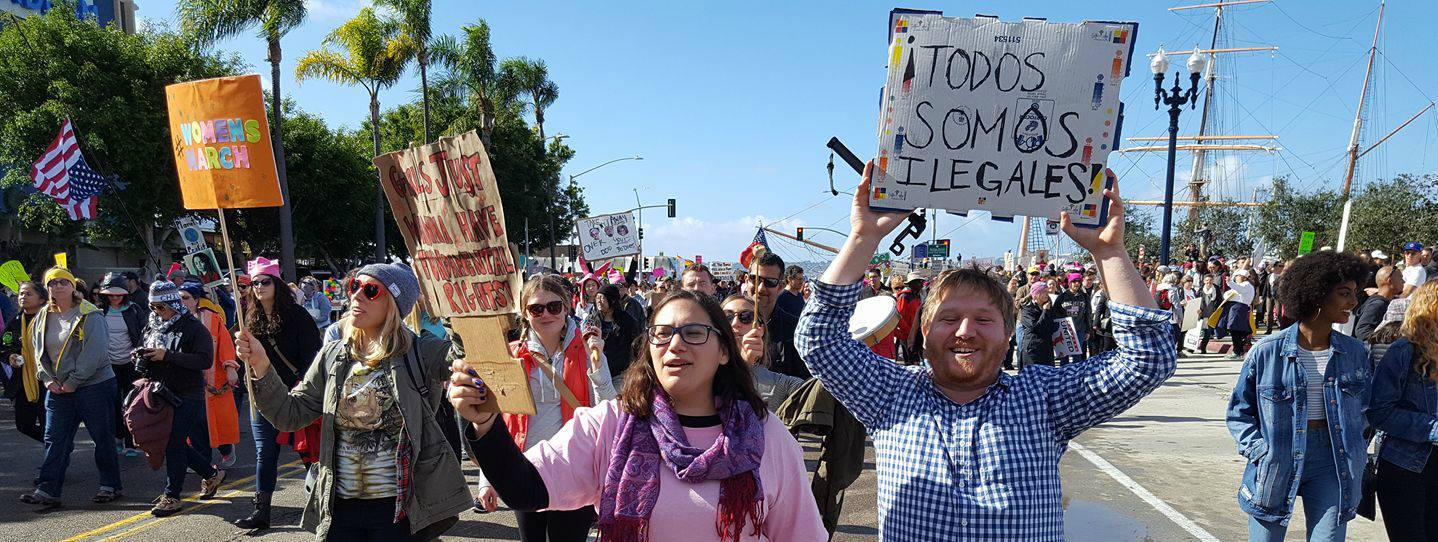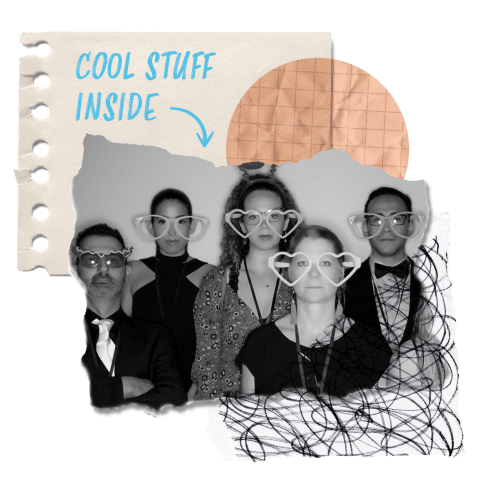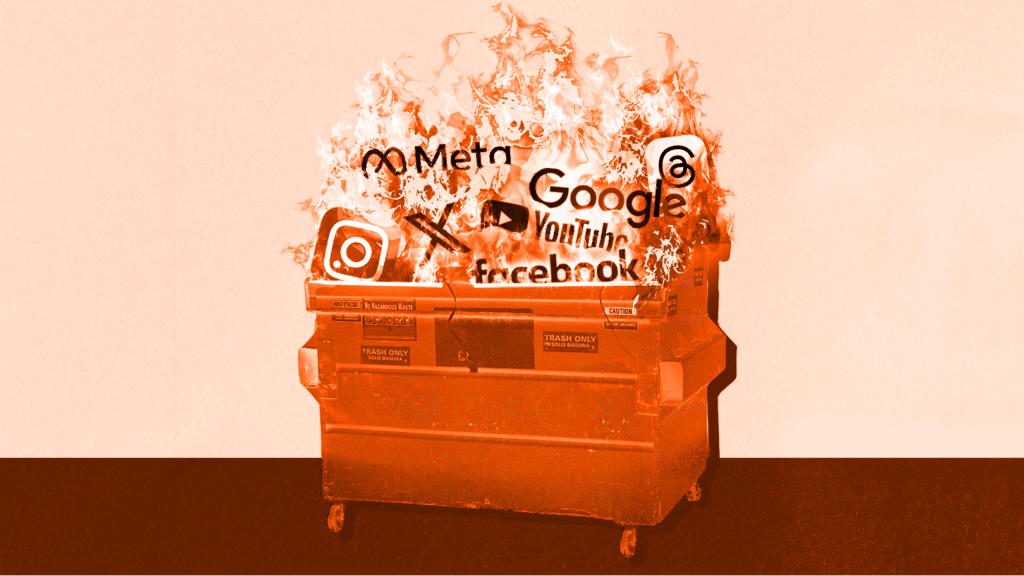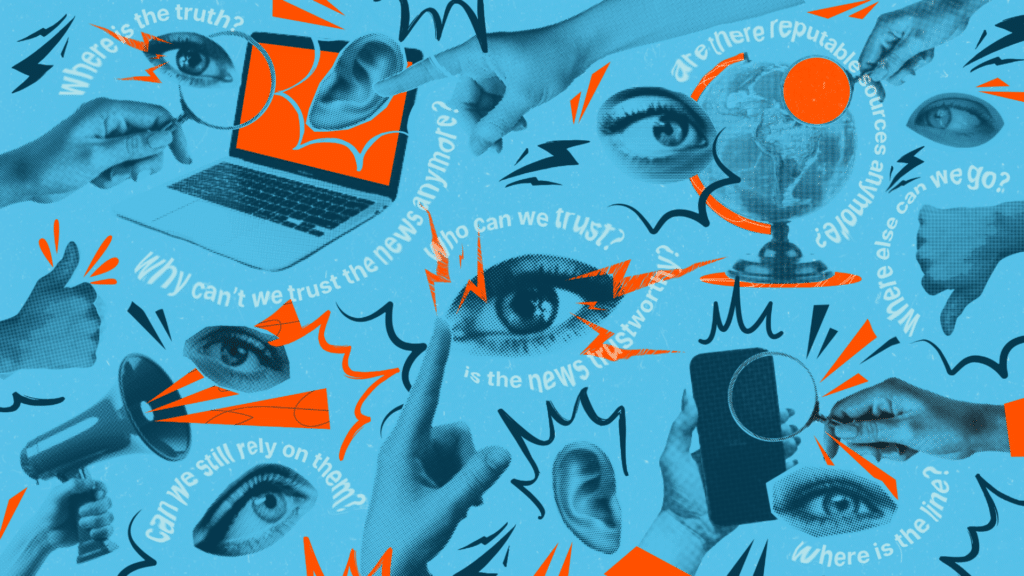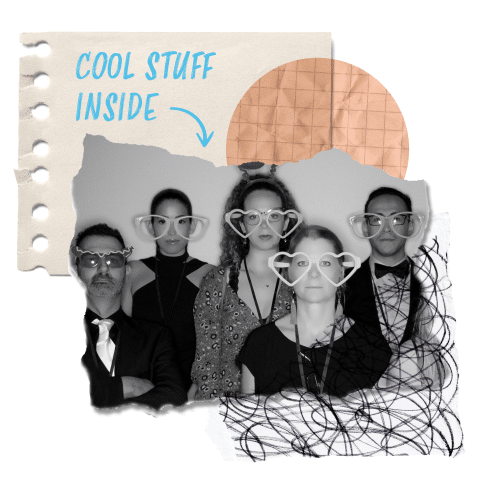Eight years ago, I ditched my plan to work in public relations. Instead, I dove into social justice work helping a fledgling nonprofit to fight for what I cared about: making our world a place where more people have access to better opportunities.
The choice was easy. My experience in PR at the time consisted of making cold calls about products I didn’t care about, and drinking coffee in the break room with other 20-somethings who pretended they cared. At my social justice nonprofit job, I didn’t get free coffee — but I did get to see people overcome incredible obstacles and share in their joy.
I felt lucky to play a small part in these success stories unfolding in front of my eyes. But those in my community who heard these success stories secondhand often struggled to figure out how they could help in a meaningful way, or why some of the problems people faced existed in the first place. Over the years I worked at nonprofits in four cities and experienced these same tensions in each place: How do we lift up the voices of the people we work with in a way that cuts through the noise of existing public discourse? How do we communicate the story of our organization powerfully enough to earn the resources we need to continue this work? (Also, where do we get cheap coffee?)
I learned that social justice public relations matter.
The strategies and tools and words we choose to tell our stories are directly connected to our ability to change the world. Luckily for me, Jamie had already founded Mixte Communications on this very principle and was putting it into practice with San Diego nonprofits every day. Fast forward to one of my favorite moments at Mixte: sitting around a table with ACLU leaders from across California, wrestling with questions of identity, race, resources and storytelling.

Our current political climate is a devastating reality that will bring an unprecedented number of un-American and unconstitutional campaign promises into consideration. Californians will be counting on ACLU’s vast network of social justice advocates and defenders of the Constitution to lead the stand for what’s just and right.
That’s why this year, ACLU of California called on Mixte.
The statewide social justice entities asked us to answer one question: How can our team throughout California improve internal communications to use our resources more efficiently and make a greater impact through public relations?
Through Mixte’s interactive assessment process, we identified ways to improve the ACLU’s communications structure within the state of California, enabling the organization to better use communications as a tool to effectively and efficiently fight for justice. The results of this process were so compelling that ACLU invited Mixte to share results at a strategic planning session in San Francisco with all of ACLU’s executive directors and program managers.
What does public relations have to do with social justice?
The American Civil Liberties Union will tell you: great public relations can help it uphold decades of progress and move the needle of civil liberties. I am proud that Mixte joined its story. (And I’m happy to report that Mixte always has great coffee on hand.)
